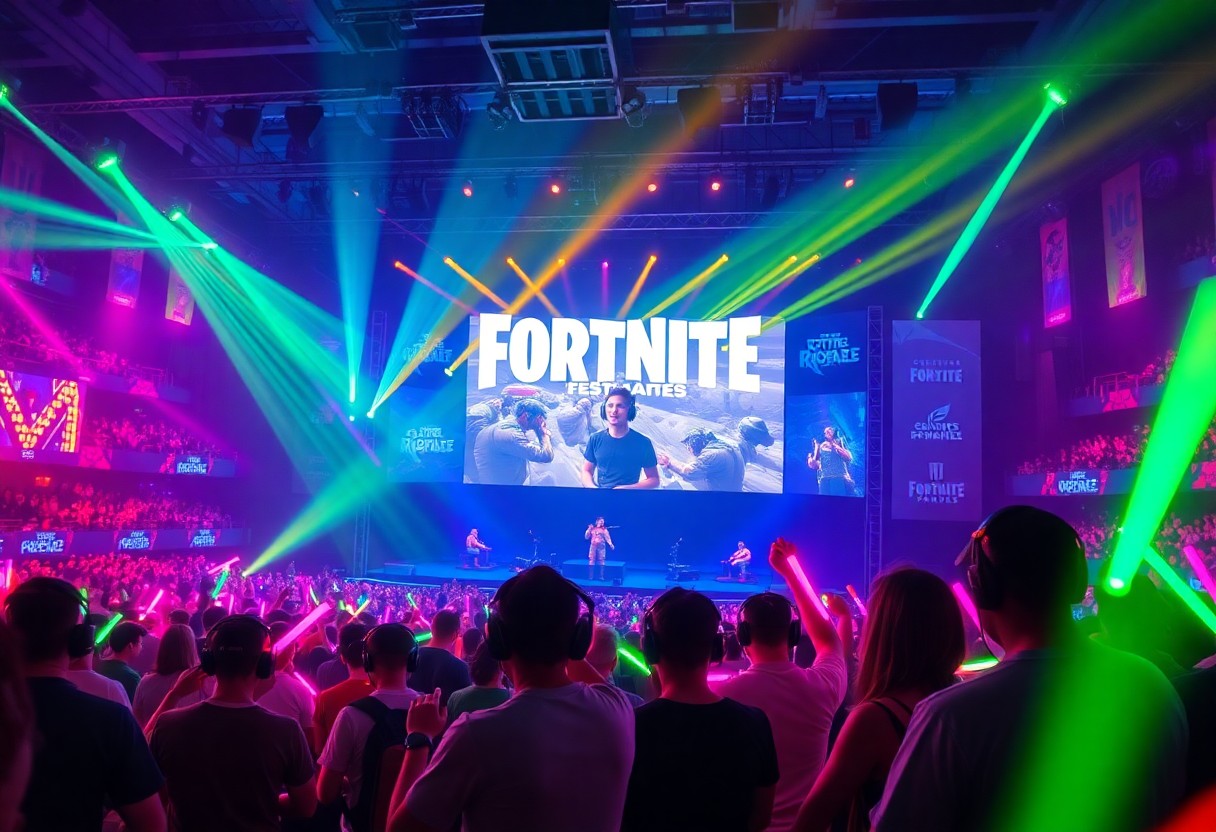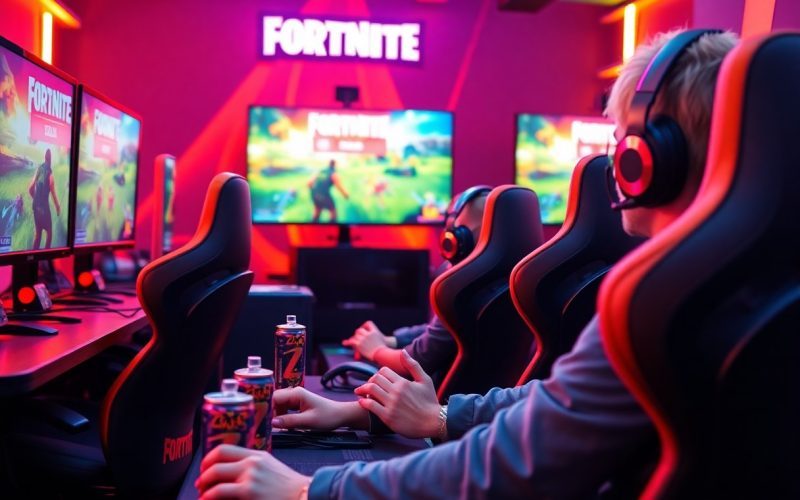You may be aware that Fortnite has revolutionized the esports landscape since its launch in 2017. The game, developed by Epic Games, has not only carved out a significant niche in battle royale gaming but has also become a cornerstone of competitive gaming. With an ever-evolving format and diverse player base, Fortnite’s esports events shine uniquely in several key ways. Here are some of the biggest events and what sets them apart.
One of the most notable events is the Fortnite World Cup, which debuted in 2019. This event stands out due to its global reach, featuring players from various countries competing for a staggering prize pool of $30 million. The World Cup was remarkable not just for its scale but also for the excitement surrounding its format, which included solo and duo competitions. Players qualified through in-game tournaments, adding a layer of authenticity to their participation. The live event, held at the Arthur Ashe Stadium in New York, became a historic moment in esports, drawing thousands of fans and millions of online viewers.
In addition to the World Cup, Epic Games hosts seasonal Fortnite Champion Series (FNCS) tournaments. These events are distinctive because they run multiple times a year and feature different competitive formats. The FNCS emphasizes teamwork, with squads and duos competing for championships and regional pride. Players earn points based on their performance, giving them opportunities to climb leaderboards and secure a spot for more prestigious competitions. The FNCS fosters a sense of community within the player base and allows both amateurs and professionals to compete at high levels.
Another unique event in the Fortnite esports calendar is the Fortnite Legacy events. These two-day competitions often bring together fan-favorite players from different eras, creating an atmosphere rich in nostalgia. The events are designed to engage the audience and spark friendly rivalries while offering a platform for top-tier players to showcase their skills. With rotating game modes and unique challenges, Legacy events are a fresh take that appeals to veteran players and newcomers alike.
Additionally, Fortnite frequently collaborates with various brands and franchises to create themed tournaments, adding intrigue and variety to the competitive scene. Events such as the “Galactus” and “Marvel Knockout” tournaments allow players to engage with beloved pop culture icons, blending gaming with mainstream media. These collaborations not only attract a wider audience but also invite casual gamers to step into the competitive arena, increasing participation and contributing to the game’s ongoing popularity.
Lastly, the use of live streaming and creative content in Fortnite esports events amplifies their uniqueness. The game encourages streamers and content creators to participate, effectively merging the competitive gaming scene with entertainment. Platforms like Twitch and YouTube allow fans to interact with players in real-time, blurring the lines between spectators and competitors. This calculated approach to audience engagement makes Fortnite events not only competitive but also incredibly entertaining to watch.
To put it briefly, Fortnite’s biggest esports events, from the World Cup to seasonal tournaments, are distinguished by their size, inclusivity, innovative formats, and collaborations with cultural icons. These factors contribute to a vibrant and dynamic competitive scene that is appealing to players and fans around the globe.






